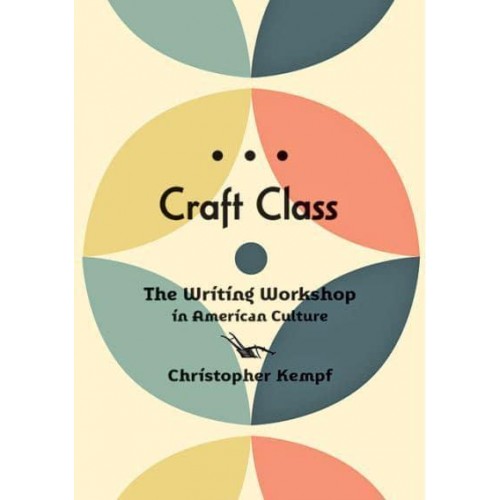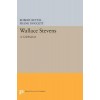Your shopping cart is empty!
Welcome visitor you can login or create an account.
Craft Class: The Writing Workshop in American Culture
$35.27
Publisher:
Johns Hopkins University PressAuthor:
Kempf The hidden history of the creative writing workshop and the socioeconomic consequences of the craft labor metaphor.In a letter dated September 1, 1912, drama professor George Pierce Baker recommended the term "workshop" for an experimental course in playwriting he had been planning with former students at Harvard and Radcliffe. This was the first time that term, now ubiquitous, was used in the context of creative writing pedagogy. Today, the MFA (master of fine arts) industry is a booming one, with more than 200 programs and thousands of residencies and conferences for aspiring writers nationwide. Almost all of these offerings operate on the workshop model.In Craft Class, Christopher Kempf argues that the primary institutional form of creative writing studies, the workshop, has remained invisible before our scholarly eyes. While Baker and others marshaled craft toward economic critique, craft pedagogies consolidated the authority of elite educational institutions as the MFA industry grew. Transcoding professional-managerial soft skills-linguistic facility, social and emotional discernment, symbolic fluency-in the language of manual labor, the workshop nostalgically invokes practices that the university itself has rendered obsolete. The workshop poem or short story thus shares discursive space with the craft IPA or hand-loomed Pottery Barn rug-a space in which one economic practice rewrites itself in the language of another, just as right-wing corporatism continuously rewrites itself in the language of populism.Delineating an arc that extends from Boston's fin de siècle Society of Arts and Crafts through 1930s proletarian workshops to the pedagogies of Black Mountain College and the postwar MFA, Craft Class reveals how present-day creative writing restructures transhistorical questions of labor, education, and aesthetic and economic production. With the rise of the workshop in American culture, Kempf shows, manual and mental labor have been welded together like steel plates. What fissures does that weld seal shut? And on whose behalf does the poet punch in?
| ISBN: | 9781421443560 |
| Publisher: | Johns Hopkins University Press |
| Imprint: | Johns Hopkins University Press |
| Published date: | 15 Mar 2022 |
| DEWEY: | 808.042071073 |
| DEWEY edition: | 23 |
| Language: | English |
| Number of pages: | 296 |
| Weight: | 408g |
| Height: | 229mm |
| Width: | 152mm |
| Spine width: | 20mm |
Write a review
Your Name:Your Review: Note: HTML is not translated!
Rating: Bad Good
Enter the code in the box below:
Discount
$131.92 $127.98




















